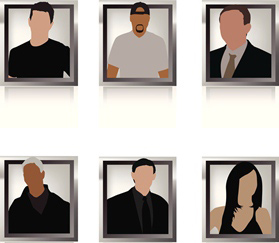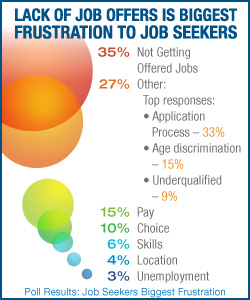 LinkedIn encourages its users to provide a highly professional look to their profile and one way to do that is through your profile photo. In fact, some believe it’s one of the most important parts of a profile, because it helps people identify you and can immediately present a professional image.
LinkedIn encourages its users to provide a highly professional look to their profile and one way to do that is through your profile photo. In fact, some believe it’s one of the most important parts of a profile, because it helps people identify you and can immediately present a professional image.
If you’re looking for a new job or trying to improve your online presence, LinkedIn is a great place to start. This social network is built to help you find a job and help employers find you. Here are three important tips to remember when updating your LinkedIn photo.
1. Keep it Current
Don’t use an old photo. When you meet someone for the first time after making a connection with them on LinkedIn, it’s important for them to be able to recognize you. If your photo does not depict how you currently look, then it needs to be changed.
2. Convey Your Role
If a picture is worth 1,000 words, what is your LinkedIn photo saying about you? If you can show yourself in action, do it. If you have a speaking engagement or event and someone snapped a photo of you, use it. A photo can convey passion, energy, charisma, and show that you’re approachable. Make sure your photo conveys your role in your industry. Get a headshot of yourself with your desk in the background or have someone take your picture in front of your workplace. It doesn’t have to be a professional photo, but make sure it is of good quality.
3. Fly Solo
The photo you choose should be of you by yourself. Family photos or crowd shots aren’t appropriate. Don’t ever keep it blank or use a logo. That’s not attractive to potential employers or connections; it’s also against LinkedIn rules. Besides, in an interview with Forbes magazine, LinkedIn career expert, Nicole Miller explained you are seven times more likely to be viewed if you have a photo on your profile. Also, your profile picture should not be cropped out of a larger picture.
For more insight on LinkedIn profile photo choices, take a look at the LinkedIn profiles of your co-workers and see what they have chosen. Lastly, don’t forget to smile, you want to look approachable.
Have you had any experiences on how a LinkedIn photo helped create a professional image? Share with us in the comment section below.





